Last reminder, before we begin:
Tomorrow, the first exclusive post drops! This is when I’ll start releasing my writing about The Unfamiliar Movement Project. For the next 24 hours, exclusive content is discounted to $3 per month or $24 per year. Get it while it’s hot! You’ll be supporting a small business, an adventure, and various charities.
And now, today’s post!
“You don’t have to understand life. You just have to live.”
-Matt Haig, The Midnight Library
I grew up in the shadowy world of turn-of-the-century evangelical Christianity. From the time I was a small child, I was told that Jesus was the only way to heaven, that my responsibility was to teach as many people about him and his love as possible, and that all other religious traditions were nonsense.
When I was a pre-teen, I started doing some very simple math and realized that this didn’t make any sense. A burning question formed in my head:
When does the savior clock start? In other words, what happens to all of the people who couldn’t possibly have heard the “good news” of the resurrection until 800–1800 years after the fact? Most of the people in the world weren’t in the Mediterranean, right? They were concentrated through Australia, Asia, South America, North America, and Africa, and had absolutely no idea that this new religion, the only true one, had even started!
I brought this to my pastor because I was troubled by it. He looked me dead in my 13-year old face and said: “well, unfortunately, those people are going to hell.” All of a sudden the God that I’d trusted was a monster. He’d created millions upon millions of people for the sole purpose of condemning most of them to eternal suffering without their ever knowing why, and the people I knew and loved were okay with it!
‘Jesus is in every heart, brother.’
‘Are you serious?’
‘Of course. I love that guy. Who doesn’t?’
‘A lot of people don’t,’ he laughed. ‘Some people hate Jesus.’
‘No. Brilliant mind, loving heart, significant penance: Jesus was the real deal. They might know Christians they don’t like, but nobody hates Jesus.”
― Gregory David Roberts
That was the beginning of the end for me. Though I went to church and youth group for years after that, it was to see my friends and get free pizza (look, I’m not perfect, ok? I mean it was FREE PIZZA and I was a teenager), not to worship and believe.
Comparing my church community to my secular community as a teen, I started to think that if church people were right about heaven, it was going to be the most boring place in the universe.
Imagine it. All of the churchiest people you know, hanging out on a cloud, patting themselves on the back about how right they were. For eternity. Life without any of the great writers, musicians, artists, bartenders, lovers, dancers, poets, and performing artists, because they’ve all gone to hell. Every concert is an evangelical church rock band. None of the food has any spice. Every library is full of nothing but hymnals and religious pamphlets.
*shudder*
When I was 20, I left the church behind for good and began my smug, science-backed descent into atheism. At age 21, while traveling in Europe, I read Richard Dawkin’s The God Delusion, and when I returned home, became a combative atheist douche to all the people who’d raised and loved me.
“Atheism… What? What do you win? You’re just a drip who goes around ruining parties by shouting “there’s nothing!”
-Kyle Kinane
I argued religion with my Grandma. With my Grandma. There aren’t many moments in my past that I’d travel back to slap myself in the face if I had a time machine, but trying to talk my Grandma out of her belief in God is high on the list.
Leave that sweet woman alone, 21-year-old Aaron! She knows so much more about life than you do, you smug bastard!
Sigh… growing pains.
When I look back on all the faiths that I’ve experimented with since leaving the church, Atheism is my least favorite. Everything is reduced to cold, hard science as if the complexity of the moral universe can be shrunken down into something as flat and two-dimensional as randomness.
I was a man without any faith to hang my hat on for many years, and to be honest, that made the earth seem like a cold, dead place. Atheism is very individualistic. When you reject faith, you reject community at one of the most fundamental human levels. You reject that belief in something large and indescribable that caused human beings to band together in common causes across millennia.
A bartender I used to work with liked to joke that we needed to start a “church for atheists.” A community where people who didn’t believe could meet once a week to talk and dance and sing. Where collections could be taken for struggling members.
I always liked the idea, but I doubt it’d get much traction. The point of being an atheist is to be right and alone.
It took me years in the belief-less wilderness before I finally realized: faith makes life better. It simply does. This doesn’t have to be faith in the Christian God (lord knows it’s not for me), but it does have to be faith. Faith in something unknown. You can believe in people, in the elemental power of the earth, in nature, in ghosts, in your pets, in aliens, or even in yourself. Especially in yourself.
Years ago, when I was still in my teens, my family used to go to a megachurch near Denver to switch up the routine about once a month (I won’t name names, but it’s where The Fray got their start. BIG church). There was a zipline in the kid’s area. The church was the size of half a stadium. The cups of grape juice for communion came in little coffee-creamer-sized plastic cups with aluminum-foil pull tabs on top to get to the juice.
One Sunday, before I gave up on God altogether, I was shooting my juice and listening to the rock band. I remember hearing a still, small voice emanating from my chest. It said, simply “God’s not here.” I think that church was too loud for God to fit in between all the egos.
To this day, out in nature is the only place I’ve ever felt the presence of what people call God, or the sublime, or the spirit. I’ve felt God on mountains, watching desert sunsets, surfing waves, or listening to the noise of the jungle and thinking about the interconnectedness of life.
But not once have I felt that presence in a church.
It wasn’t until earlier this year, when I started reading the work of Joseph Campbell, that I figured out the formula that gave me a balm of contentedness after all these years of searching:
Divinity is in you and in the natural world. You may never know what exact form it takes, and that’s ok. You don’t have to know. You have to live. The experience of divinity is enough, is enough, is enough.
Believe in anything you want to believe in, but leave room for the whimsical. For the unknown. You don’t have to know, you have to live.
The rest, as it turns out, is nonsense.





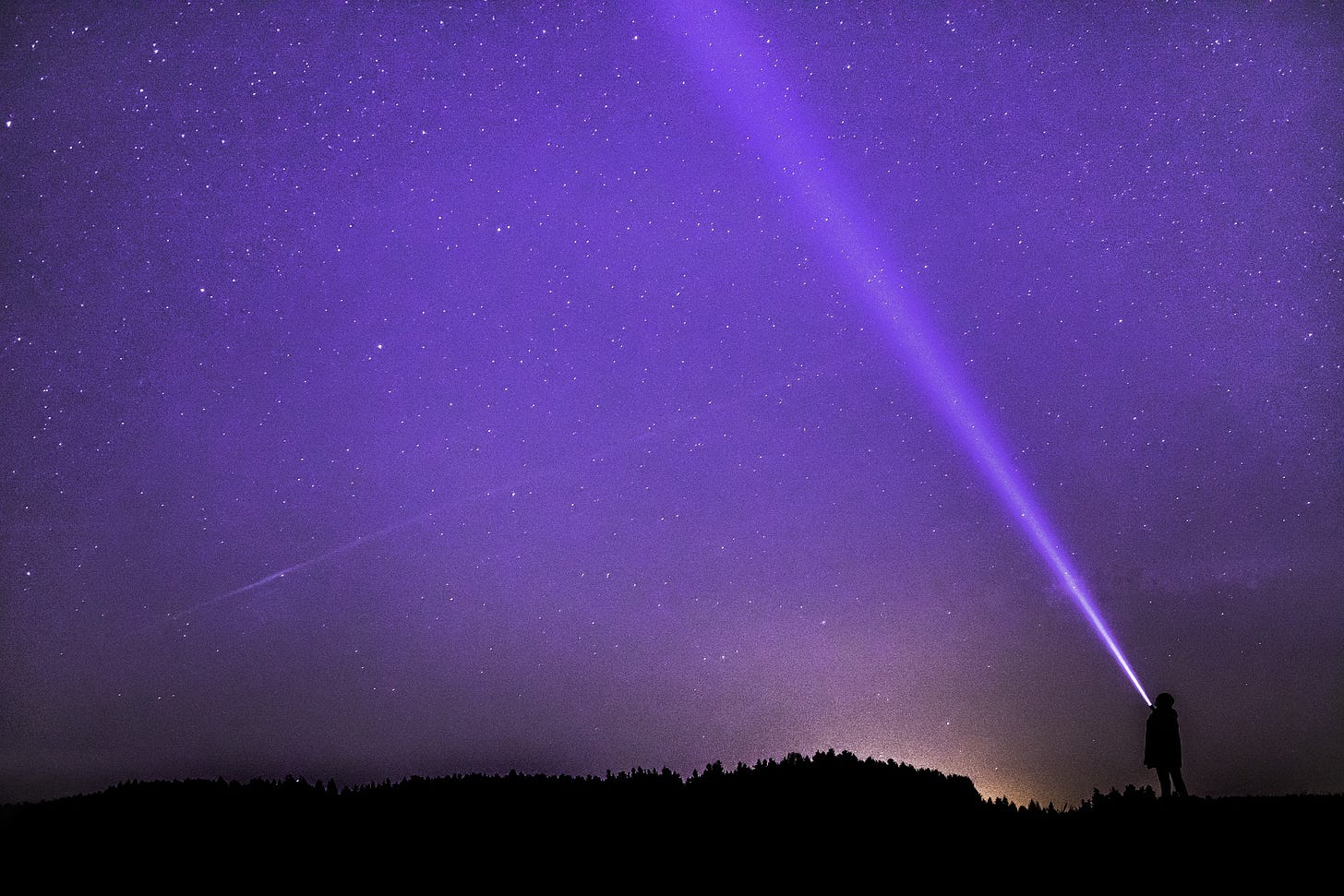

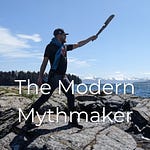
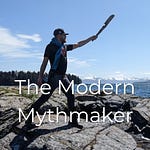
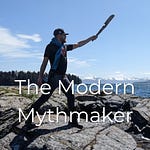

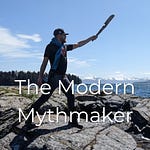

Share this post